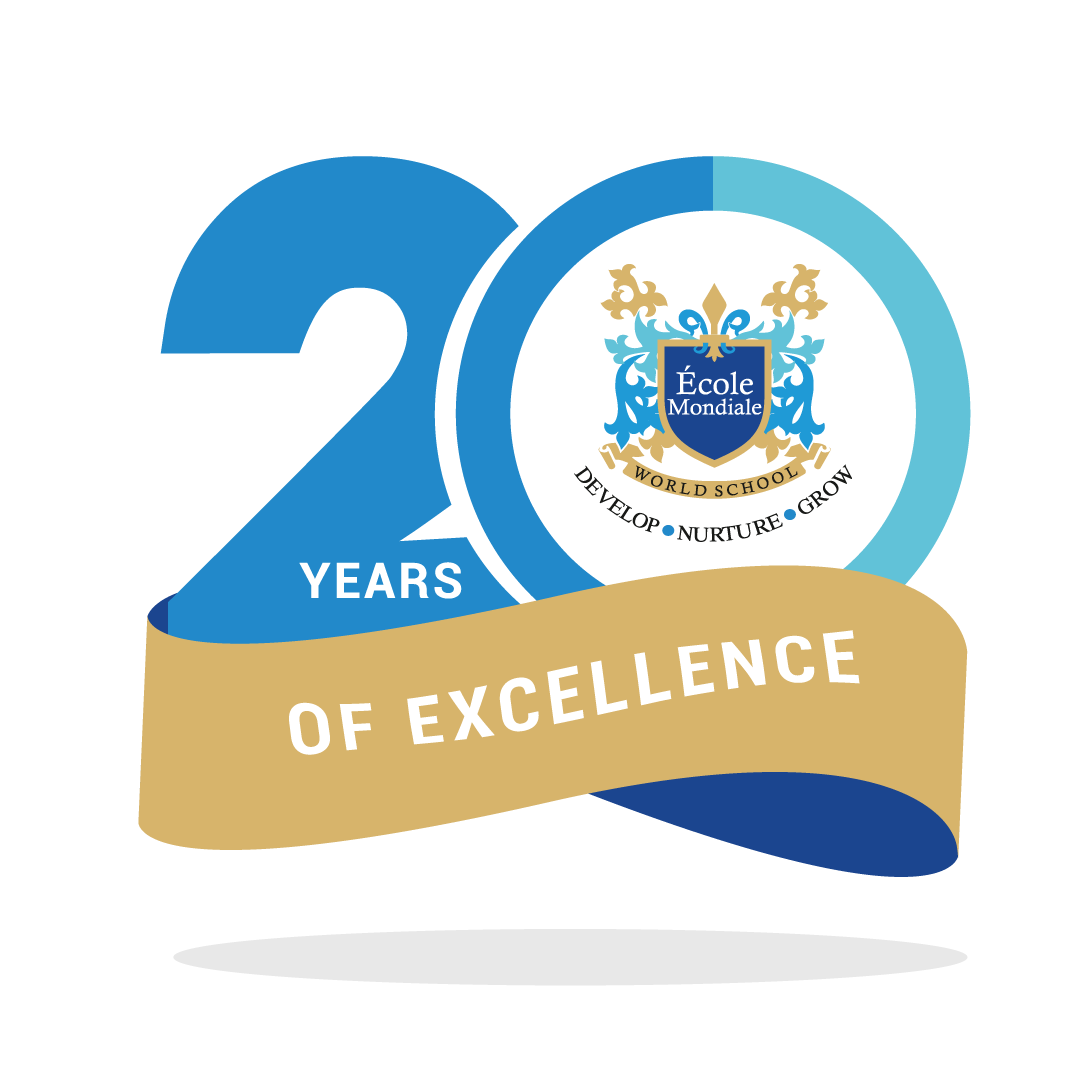A wide valley of lush green holds so many different kinds of flora, each needing to be nourished a specific way, each needing specific conditions in order to grow tall and mighty- and it is no different with your children. Each child has a different thought process, a unique level of understanding, and a distinct level of aptitude.
The education regimen in India, until a couple of years ago had misjudged this very base in the learning process, causing curricula to get taxing. The most common method was to make children use a general memorisation technique without really focusing on the child’s strengths and abilities. This has drastically changed with the entry of International Baccalaureate (IB) World Schools in the Indian education system.
- Belief:
The belief in IB schools stems from the curiosity of individuals- encouraging their thoughts to be spoken and nurtured. Rather than making students blindly parrot out theories and answers for the sake of securing marks or a ‘rank’, the curriculum revolves around encouraging the ‘why’s and how’s’ of these questions, which in turn helps the students apply their knowledge in practical ways by connecting ideas and applications into real life instances.
- Flexibility:
Another extremely impactful advantage of IB schools is the flexibility of their curriculum, which is tailored to nurture the child’s strengths. Your children will be taught through methods that they are most receptive to and in a manner that he or she understands thoroughly.
- The depth of learning:
Memorised learning isn’t real knowledge. Your child is only truly learning when he or she can apply that knowledge and connect it with different problems to create creative solutions. IB schools focus on an in-depth learning curriculum, especially in the primary years. From giving students the freedom to select their own subject of learning to performing research and analysing ideas pertaining to it, and then presenting it in a sort-of thesis, thus encouraging the students to use a more wholesome and long-lasting approach towards learning.
- Creativity, Action, and Service (CAS):
IB schools believe that there is more to education than just the four walls of a classroom, thus they make it a point to inculcate a compulsory CAS module within each semester. CAS focuses on non-academic activities that take place outside of the classroom with the intention of cultivating community building, interest in sports, forms of art and other such extra-curricular ventures- giving IB schools the edge of providing a holistic learning process.
- Holistic learning:
The holistic approach taken on by IB schools not only nurtures the creative and social attributes in children but also has an overall effect of cultivating alert and bright minds. Through a strategic culmination of in-depth learning, CAS and flexible study modules, the students develop keen insights into matters that interest them, and this has proven to affect the academic results positively.
Primary education is the foundation to any steps that your child will take in the future, and a primary IB education will encourage and cultivate your child’s strengths to ready him or her for a highly competitive, ever-changing and globalised future.



_1757314019.png)
_1756547313.png)